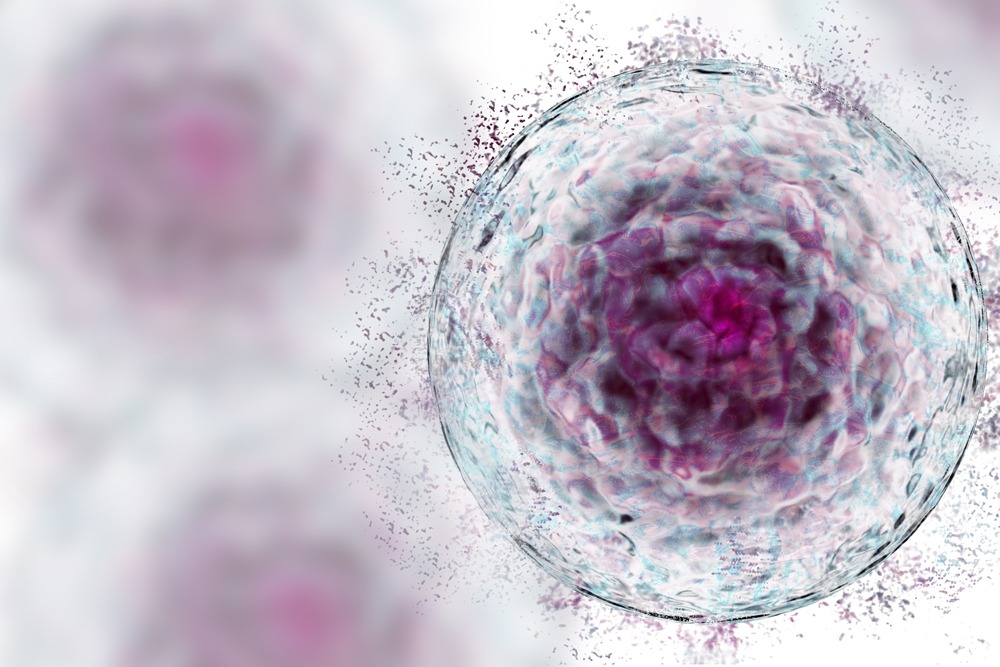Resource • Article
Stem Cells: Myths and Misconceptions in the Public Eye

Stem Cell therapy constitutes one of the most hailed advents in medicine for its potential in treating many of the chronic and difficult diseases like Traumatic Brain Injury, Diabetes and Cancer. However, a huge cloud of myths and misconceptions surrounds this topic, alienating the public from embracing them as a viable option for disease treatment despite the promising results seen in pre-clinical and clinical trials. Here we will debunk some of the misunderstandings in an effort to demonstrate the potential these cells bring to the future of medicine:
Myth #1: All Stem Cells are the same.
False. When people hear the words “Stem Cells”, they typically think Embryonic Stem Cells. A lot of people don’t know that Stem Cells can originate from a number of sources. Embryonic Stem Cells come from embryos and are omnipotent, meaning that they have the ability to turn into any cell type in the organism. Adult Stem Cells come from reservoirs in the postnatal human body like bone marrow, adipose tissue (fat), teeth, etc. These differ in their ability to become different types of cells in the body depending on their source, age and other factors. Induced Pluripotent Stem Cells come from the manipulation of adult, fully-differentiated cells, like white blood cells and skin cells, which are subsequently induced to reprogram back to become Embryonic-Like Stem Cells with a very strong pluripotency capabilities. Majority of experimental treatments and translational research these days use either Adult or induced Pluripotent Stem Cells.
Myth #2: Using Stem Cells is unethical.
We try not to take sides in public debates about these kinds of ethical questions, but this particular myth is also false. Embryonic Stem Cells have stirred quite an ethical controversy due to killing the human embryos which they are derived from. However, the medical research community has steered away from this controversial arena more recently and focused efforts on using Adult and induced Pluripotent Stem Cells in treating diseases. Indeed, many of these efforts reached clinical trials very successfully in terms of safety and efficacy. In fact, as we mentioned in the last post, currently active experimental treatments and research overwhelmingly favor Adult Stem Cells and induced Pluripotent Stem Cells. As it turns out, Adult Stem Cells and induced Pluripotent Stem Cells are not only free of ethical controversy (since they’re made from donated material from a consenting adult, usually the person undergoing treatment), but they actually seem to be much more effective and have fewer side effects.
Myth #3: Stem Cell therapy carries the risk of rejection.
False. Since the medical community is focusing on the use of autologous (from self) sources of Adult and induced Pluripotent Stem Cells for therapy, the risk of rejection is almost non-existent. Even allogenic (from non self, exogenous) Stem Cells that are used in clinical trials have been proven to elicit no immune response as it is the case with the SB623 cells. The biggest risk preventing these therapies from reaching the public is the very minimal possibility that these cells would become cancerous cells. However, recent advances in Stem Cell research show an outstanding degree of control while generating these cells which helps ensure cancer-free stem cell therapy.
Myth #4: Stem Cell Therapy is FDA approved
Not yet. As mentioned earlier, Stem Cell Therapy is still in clinical trials for many indications such as Traumatic Brain Injury, Diabetes, Myocardial Infarction, Macular Degeneration, Parkinson’s disease, etc. Indeed, the FDA has recently cracked down on many clinics claiming the use of Stem Cell Therapy for certain indications that have not been validated through rigorous clinical trial processes. Nonetheless, one can imagine the plethora of proven and effective therapies that will be reaching the public in the coming years.
Considering the safety profile and potential benefits that Stem Cell Therapy presents for a wide range of disorders, it becomes imperative to better educate patients about Stem Cells and their use. Education would clarify a lot of the problematic misconceptions patients usually have, which would provide grounds for enhanced clinical trial participation based on a well-informed decision. That, in turn, could greatly increase the availability of life altering treatments across a wide variety of conditions, and improve quality of life for millions of people.